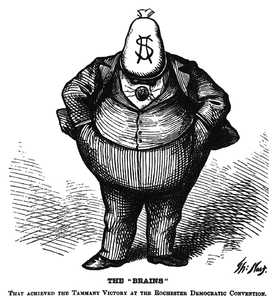Here’s What We Don’t Know About Election Day
By now, we’ve seen the ads. We’ve heard the talking points. We have at least some idea of which policy positions Scott Walker and Mary Burke favor or oppose. But with only hours remaining before the votes are counted, there is still plenty we don’t know about the 2014 gubernatorial election in Wisconsin.
Some of it has been hashed over pretty thoroughly. Turnout, for instance. Simply put, the Burke campaign needs less-likely Democratic voters to go to the polls in numbers that more closely resemble a presidential election, or at the very least, the 2012 recall election for governor. Three million people in Wisconsin voted in the November 2012 presidential contest. Two-point-five million voted in the June recall election. If turnout looks more like the governor’s race of 2010, when 2.1 million people went to the polls, the Burke campaign will face enormous odds, given historically strong turnout by Republican voters in the state. But turnout is hardly the only “great unknown” Tuesday. Here are a handful of others to consider.
1) Do Democrats return to the fold? Exit polling data from the June 2012 recall election suggests a number of Democrats voted for Governor Walker because they didn’t agree with the recall. Even AFL-CIO President Richard Trumka told me recently that some of his members supported Walker in 2012 because of their discomfort with the recall. And Trumka is hardly a fan of the governor. Walker acknowledges that those voters exist. The question is will they stick with him in this election, or return to their Democratic-voting ways.


